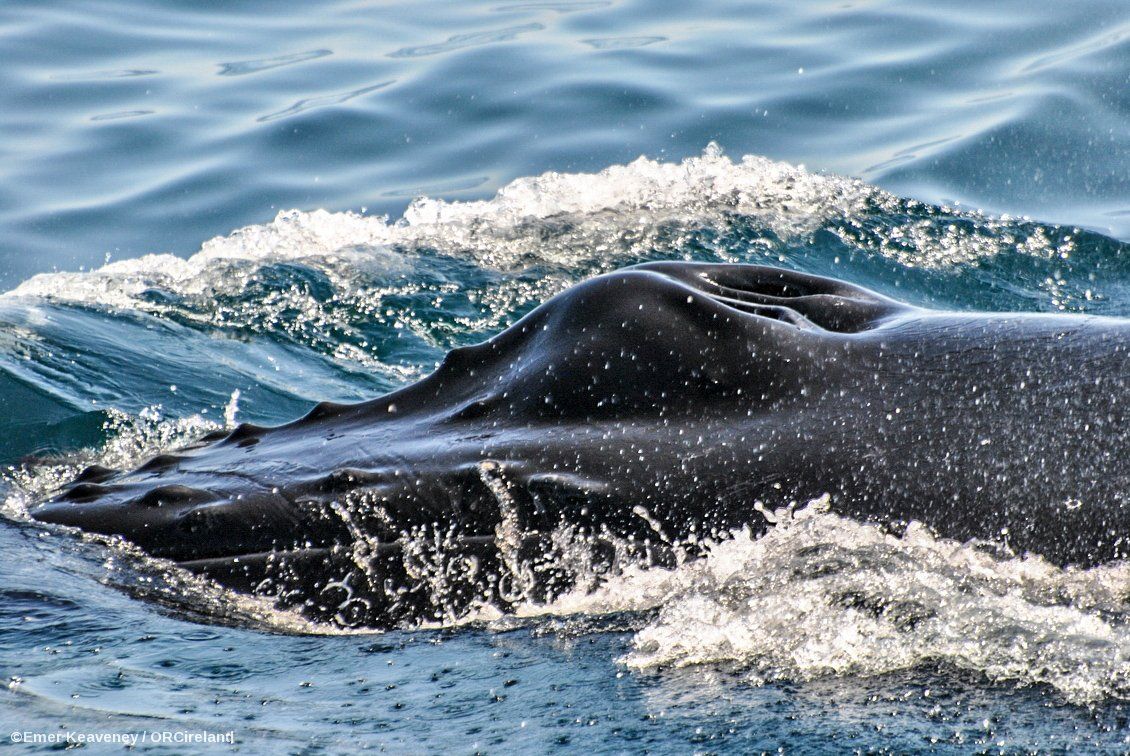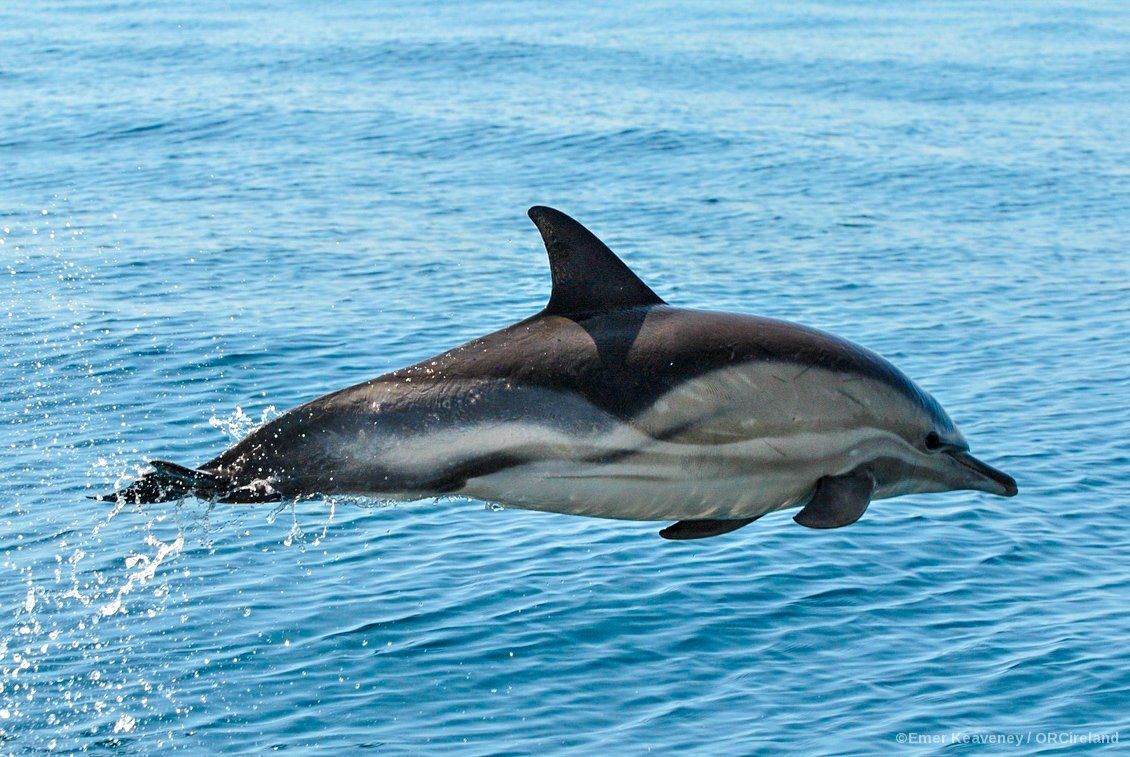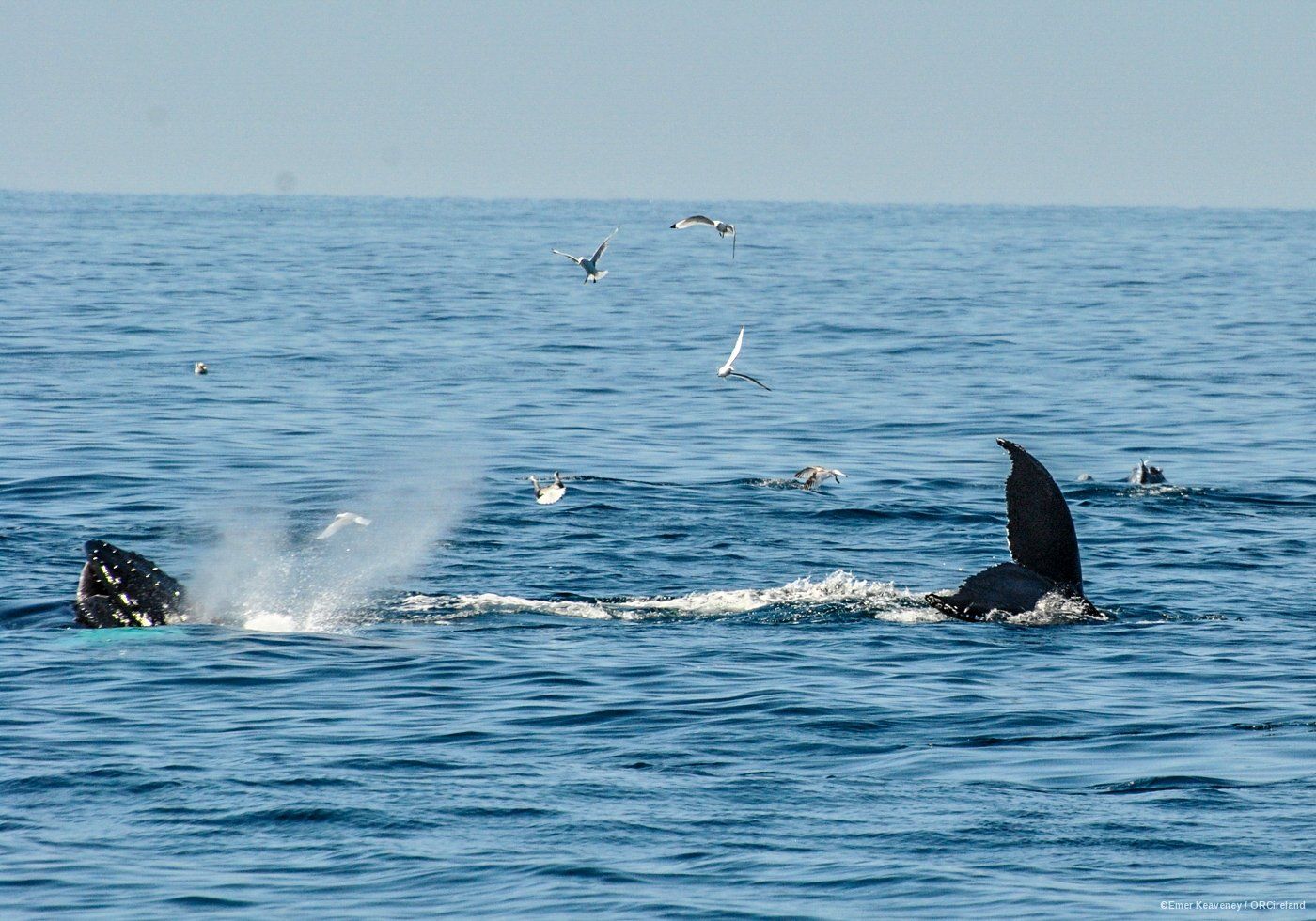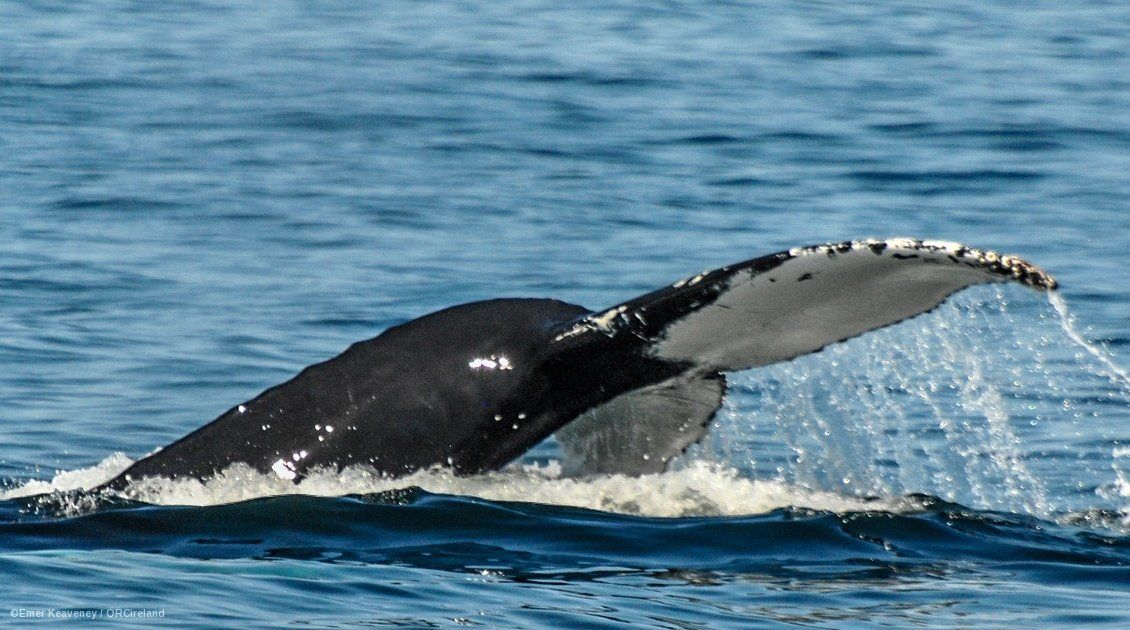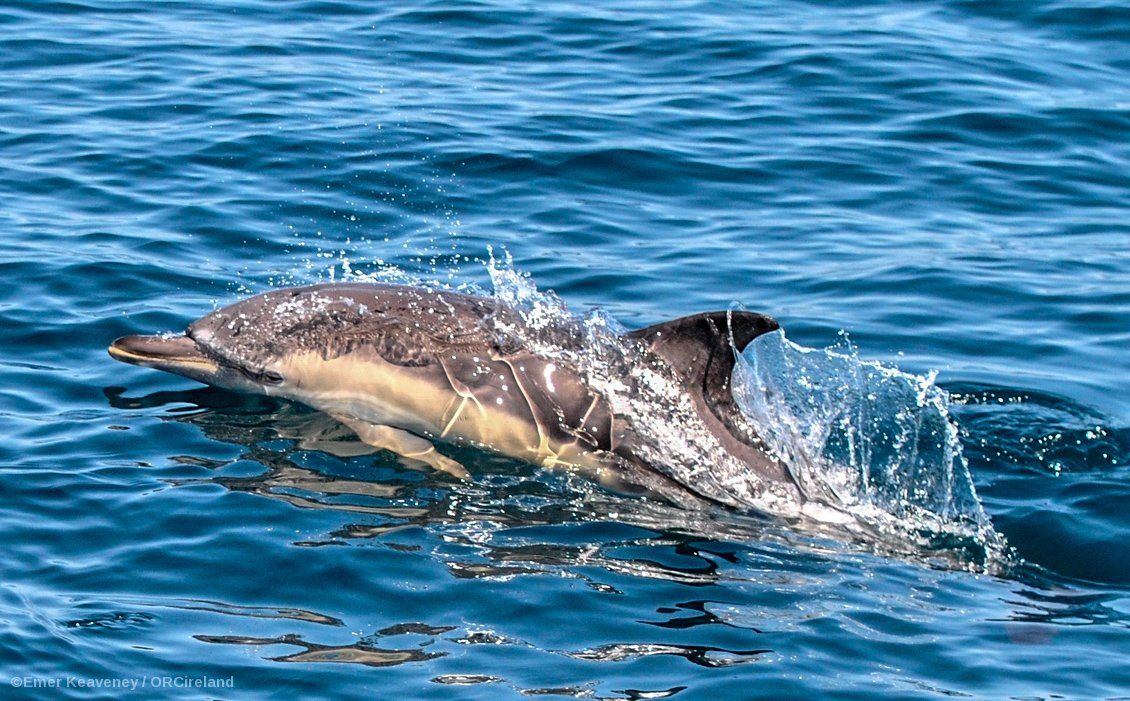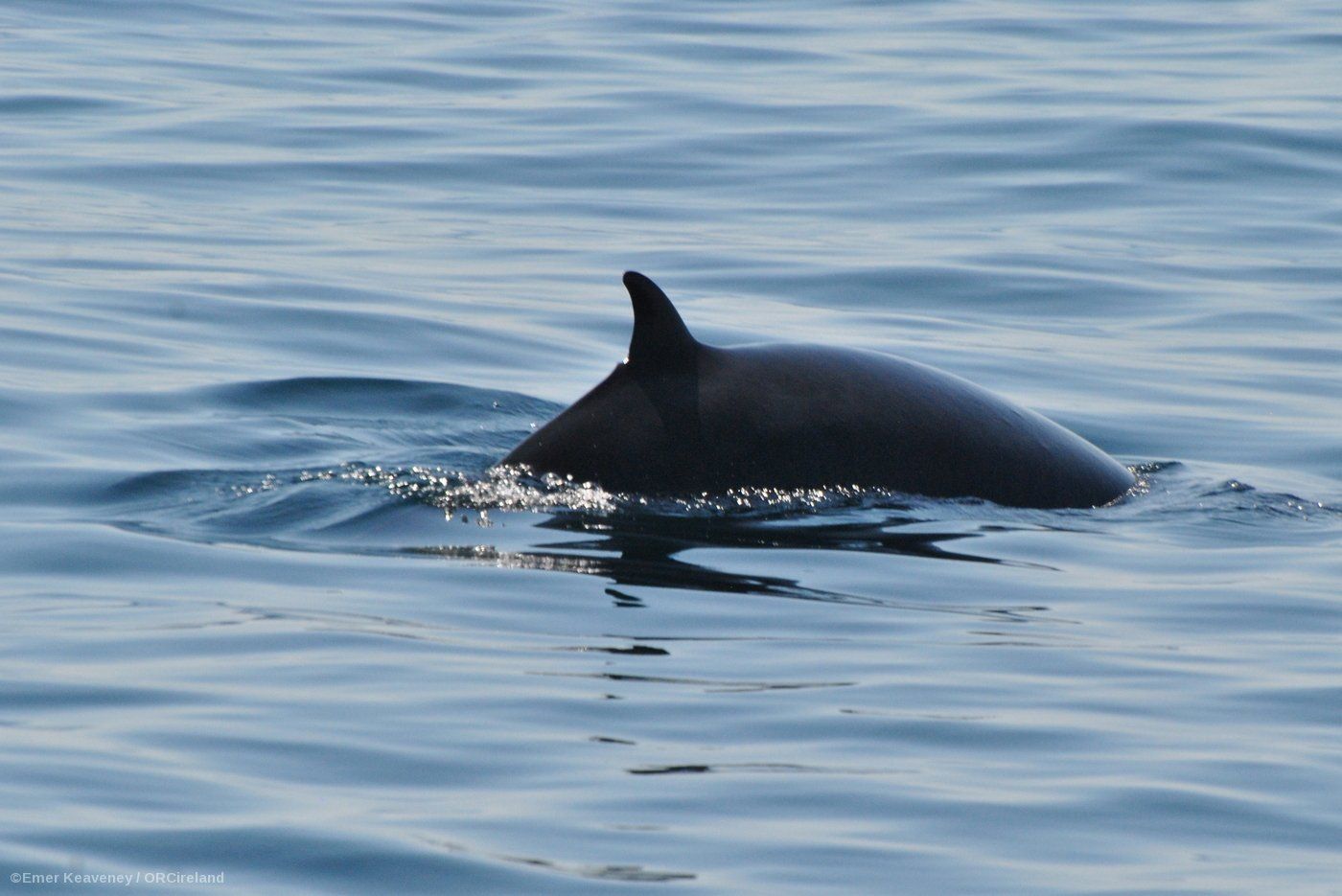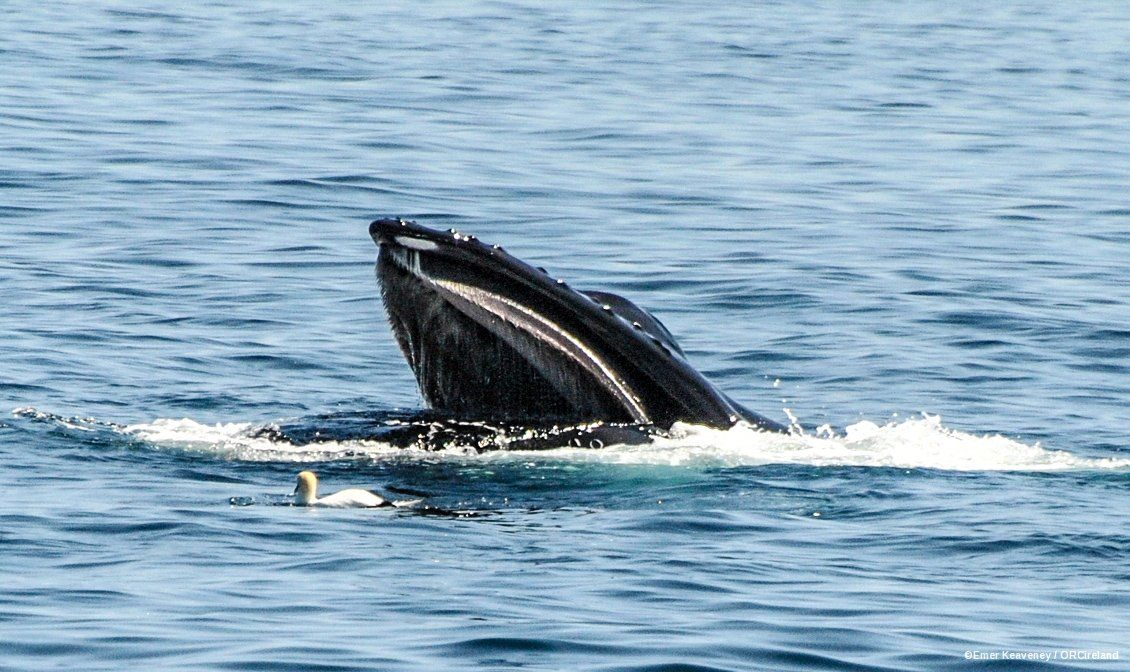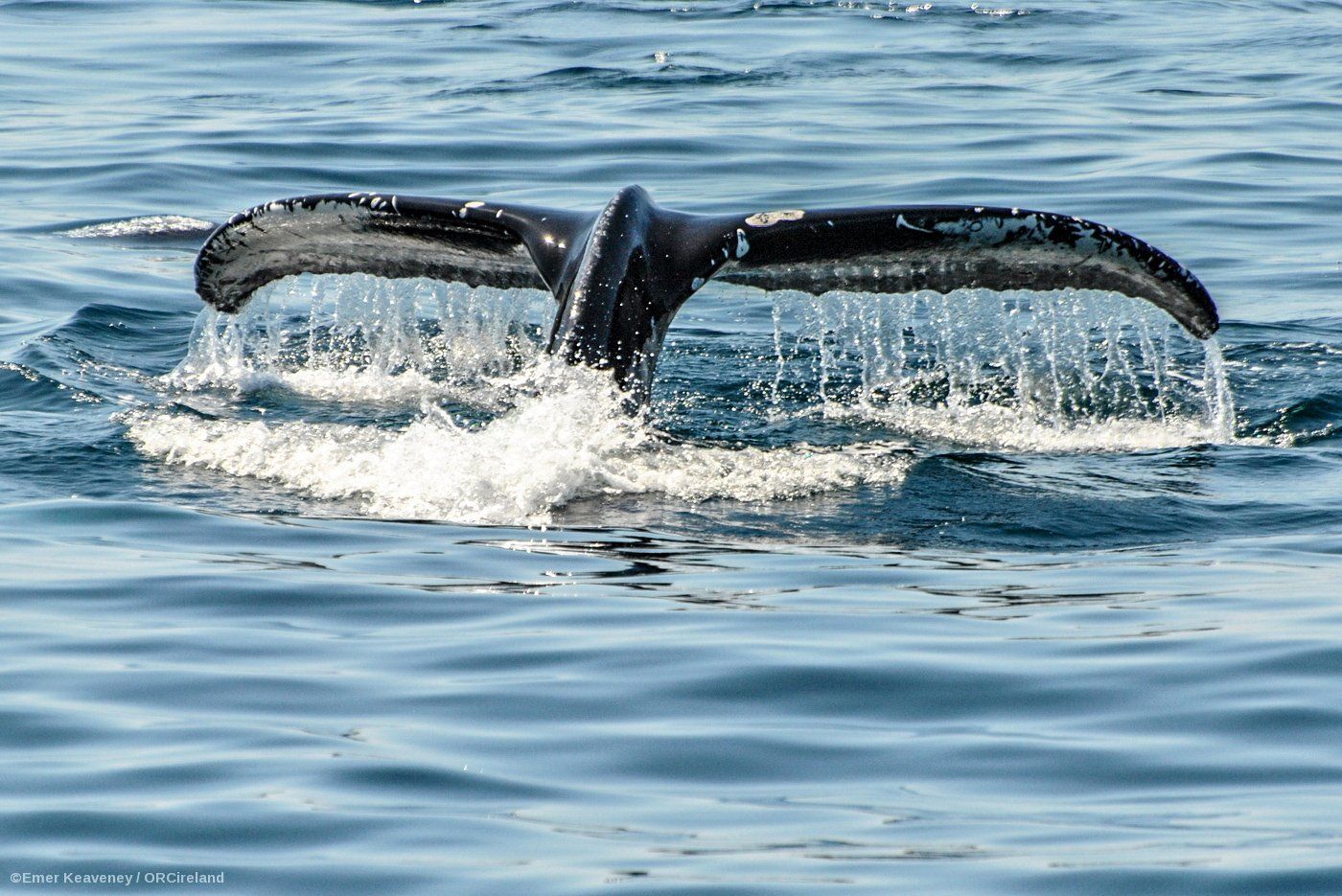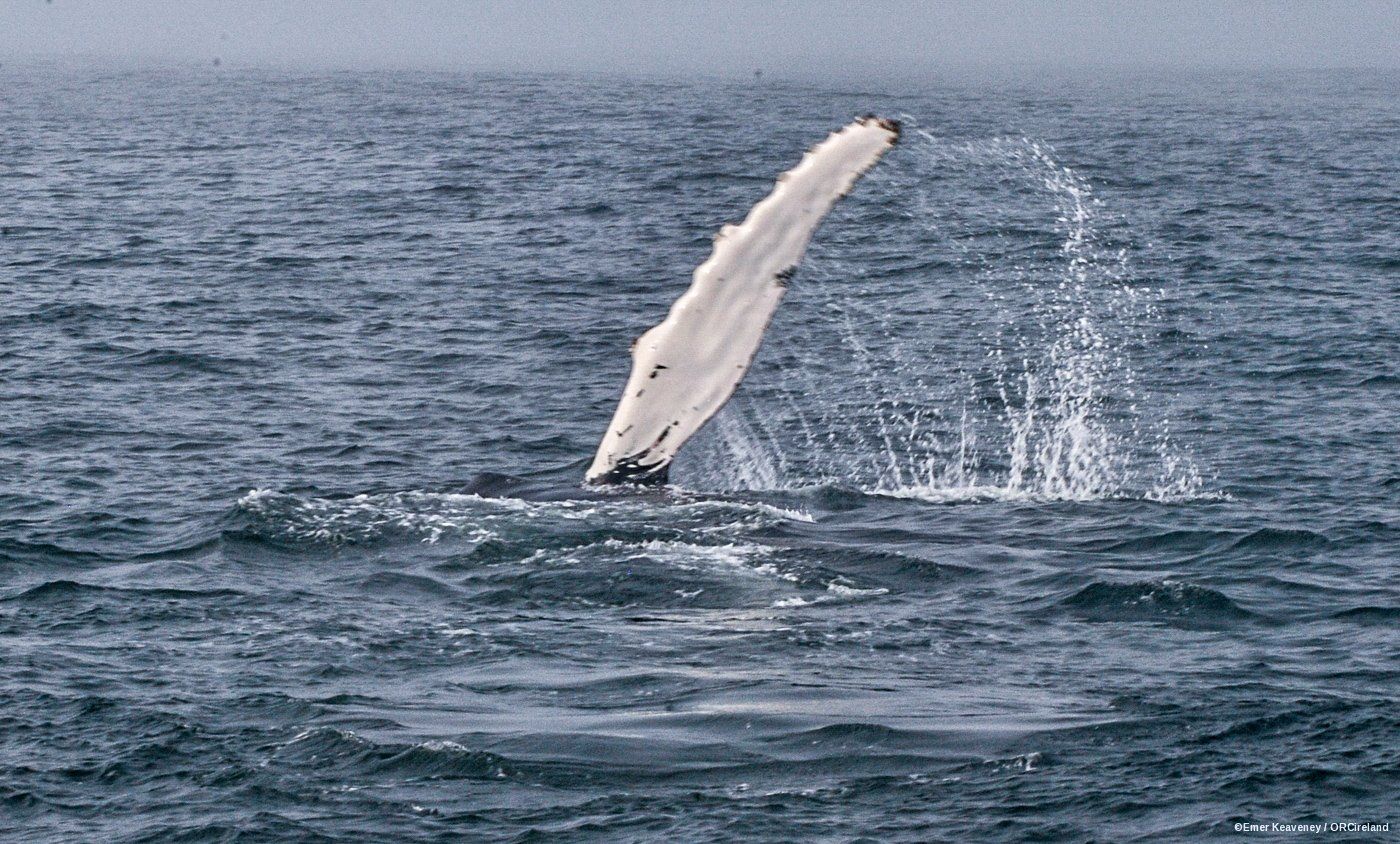WILD ABOUT WHALES
The big ocean blue covers 70% of the Earth’s surface and harbour some of its most environmentally important regions, providing employment and food security for tens of millions of people. Yet with ever growing populations and the demand for resources is increasing, and our oceans are being over-exploited and polluted leading to increasing threats to ocean giants due to human activities.
If you haven’t guessed yet I am a marine biologist and one of many who has been “wild about whales” since before I can remember. I am a co-founder of Ocean Research and Conservation Ireland (ORCireland), a voluntary organisation that aims to promote awareness and conservation of marine mega-fauna in Irish waters and a whale watch guide on-board Baltimore Wildlife Tours, with skipper/ expert naturalist Kieran Collins. I am also a member of the Irish Whale and Dolphin Group (IWDG) and Cork Nature Network (CNN). Thanks to these non-profit organizations we are beginning to appreciate the value of Irish biodiversity and it's role in our national heritage.
You might think you need to travel all the way to Spain to waterparks, like “Loro Parque” to see dolphins but in-fact, you can see them right here, where they are wild and free! Ireland being an Island nation and surrounded by the sea, has some of the best whale watching in the world, from land or boat. Irish waters have some of the richest and most diverse marine ecosystems in the North-east Atlantic and provide an important habitat for a diverse array of marine mega-fauna, from Atlantic Blue-fin tuna ( Thunnus thynnus ) to cetaceans (whales, dolphins and porpoises) and elasmobranchs, (sharks, skates and rays), such as the porbeagle shark ( Lamna nasus ). The waters off west Cork, in turn hold some of the highest relative abundances of many species of dolphins, whales, and sharks and can rival anywhere in the world for whale watching and angling.
Along the south coast of Ireland, it is not un-common to encounter amazing marine wildlife. Whales and dolphins which are classified based on their dentation can be seen all year and seasonally found in great abundances. Baleen whales have keratinized bristles that hang from their upper jaw that allow them to filter feed on tiny forage fish species, such as herring ( Harangus harangus ) and sand-eel ( Ammodytus ), while toothed cetaceans, otherwise known as Odontocetes, have teeth that allow them to capture larger prey. Toothed whales and dolphins in Irish waters include dolphins and porpoise, while larger whales have baleen plates, with the exception of the pilot whale ( Globicephala melas ), the sperm whale ( Physeter macrocephalus ) and killer whale ( Orcinus orca ), who have teeth.
Whale watching trips on-board “Radiance” are never a disappointment and Friday the 18th of May was no exception. The waters off west Cork were ALIVE! We were lucky to encounter not one but four to eight humpback whales ( Megaptera novaeangliae ), countless minke whales ( Balaenoptera acutorostrata ) and literally hundreds of short-beaked common dolphin ( Delphinus delphis ).
What were they all doing here you might ask? Well they are foraging. Huge bait balls of tiny fish attract an array of marine wildlife; in addition we have seen a diverse range of seabirds, such as skuas, northern gannets and manx shearwaters in abundance. Just goes to show that it is important that we protect our marine environment from over exploitation of forage fish species, from plastic and noise pollution. When we have healthy ecosystems it shows that we too are healthy and so now more than ever it is time to spread awareness of the wonders of Ireland’s marine territory.
So how do researchers monitor these humpback whales? The answer lies in their tail flukes. Scientists use mark-recapture methodology with photo-identification of the underside of the tail fluke to identify individual animals. This allows individual animals to be tracked on their long migrations and may help us answer some long standing questions, like "where do these whales go to breed?" and "how are they using our waters when they do visit?". One thing we can tell for sure is that in recent years we have had sightings of humpback whales earlier than expected.
Usually sightings of humpback whales occur in late summer, autumn and winter, however in recent years humpbacks have been reported in spring/early summer, e.g. off the Blasket Islands, Co. Kerry in early April and May 2017, and off Baltimore, west Cork at the end of April and early May 2018. Humpback whales in Australia have also begun their migration north a month early, and it has been suggested the phenomenal growth in the humpback population is the cause.
Usually sightings of humpback whales occur in late summer, autumn and winter, however in recent years humpbacks have been reported in spring/early summer, e.g. off the Blasket Islands, Co. Kerry in early April and May 2017, and off Baltimore, west Cork at the end of April and early May 2018. Humpback whales in Australia have also begun their migration north a month early, and it has been suggested the phenomenal growth in the humpback population is the cause.
What is for certain is that each opportunistic survey adds another piece to the puzzle. Since the start of our second field season, in just one month, we have identified eight different humpback whales, including a new addition to the IWDG National Humpback Whale Catalogue, HBIRL87. Our encounter with HBIRL87 was one of our more "pectacular" sightings.
© Ocean Research & Conservation Ireland (ORCireland) and www.orcireland.ie , est. 2017. Unauthorized use and/or duplication of this material without express and written permission from this site’s author and/or owner is strictly prohibited. Excerpts and links may be used, provided that full and clear credit is given to Ocean Research & Conservation Ireland and www.orcireland.ie with appropriate and specific direction to the original content.
SHARE THIS ARTICLE







